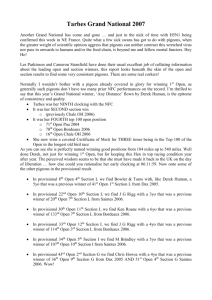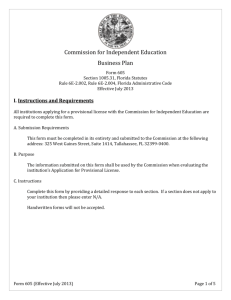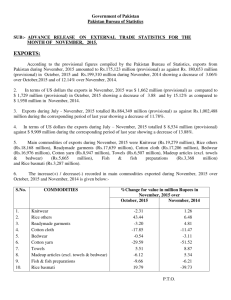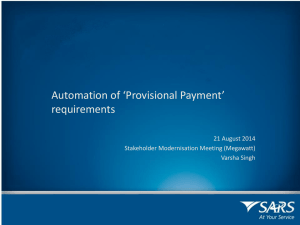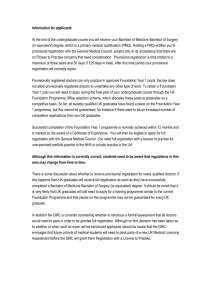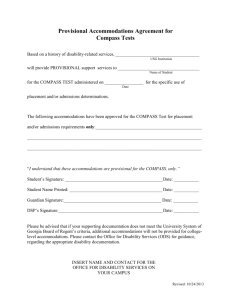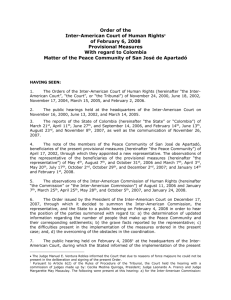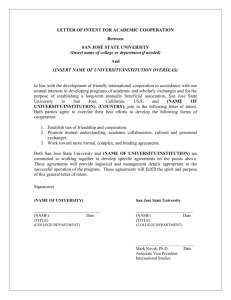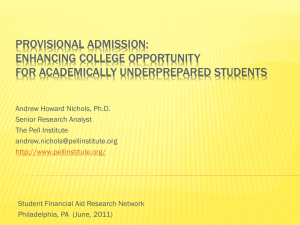Medidas: Venez
advertisement
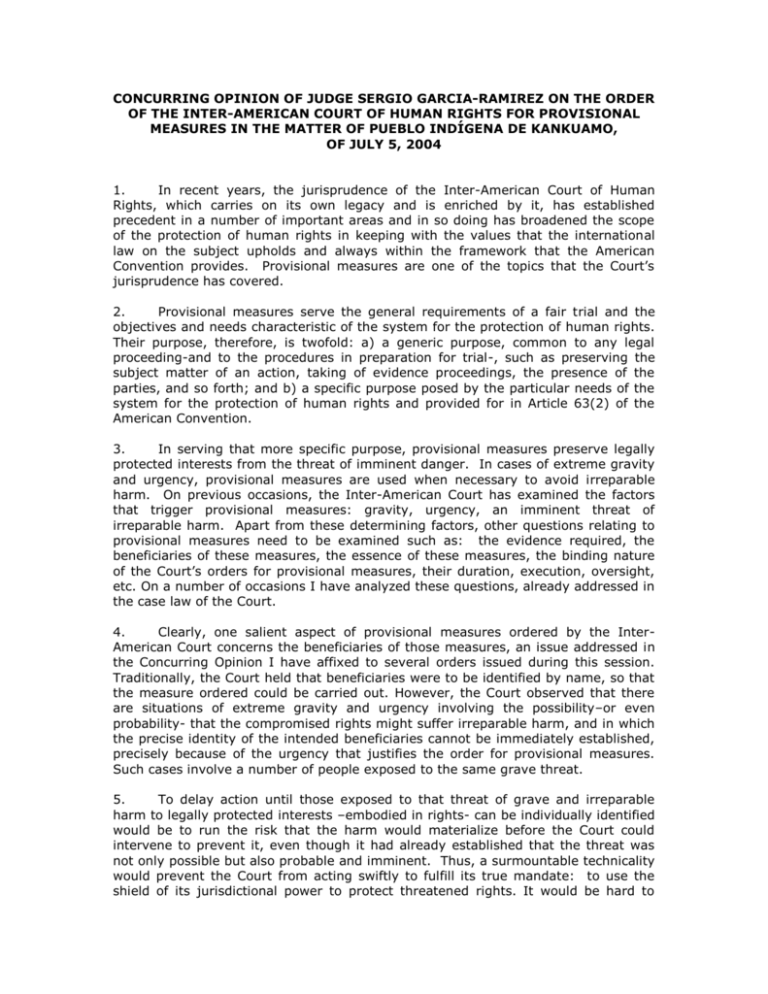
CONCURRING OPINION OF JUDGE SERGIO GARCIA-RAMIREZ ON THE ORDER OF THE INTER-AMERICAN COURT OF HUMAN RIGHTS FOR PROVISIONAL MEASURES IN THE MATTER OF PUEBLO INDÍGENA DE KANKUAMO, OF JULY 5, 2004 1. In recent years, the jurisprudence of the Inter-American Court of Human Rights, which carries on its own legacy and is enriched by it, has established precedent in a number of important areas and in so doing has broadened the scope of the protection of human rights in keeping with the values that the international law on the subject upholds and always within the framework that the American Convention provides. Provisional measures are one of the topics that the Court’s jurisprudence has covered. 2. Provisional measures serve the general requirements of a fair trial and the objectives and needs characteristic of the system for the protection of human rights. Their purpose, therefore, is twofold: a) a generic purpose, common to any legal proceeding-and to the procedures in preparation for trial-, such as preserving the subject matter of an action, taking of evidence proceedings, the presence of the parties, and so forth; and b) a specific purpose posed by the particular needs of the system for the protection of human rights and provided for in Article 63(2) of the American Convention. 3. In serving that more specific purpose, provisional measures preserve legally protected interests from the threat of imminent danger. In cases of extreme gravity and urgency, provisional measures are used when necessary to avoid irreparable harm. On previous occasions, the Inter-American Court has examined the factors that trigger provisional measures: gravity, urgency, an imminent threat of irreparable harm. Apart from these determining factors, other questions relating to provisional measures need to be examined such as: the evidence required, the beneficiaries of these measures, the essence of these measures, the binding nature of the Court’s orders for provisional measures, their duration, execution, oversight, etc. On a number of occasions I have analyzed these questions, already addressed in the case law of the Court. 4. Clearly, one salient aspect of provisional measures ordered by the InterAmerican Court concerns the beneficiaries of those measures, an issue addressed in the Concurring Opinion I have affixed to several orders issued during this session. Traditionally, the Court held that beneficiaries were to be identified by name, so that the measure ordered could be carried out. However, the Court observed that there are situations of extreme gravity and urgency involving the possibility–or even probability- that the compromised rights might suffer irreparable harm, and in which the precise identity of the intended beneficiaries cannot be immediately established, precisely because of the urgency that justifies the order for provisional measures. Such cases involve a number of people exposed to the same grave threat. 5. To delay action until those exposed to that threat of grave and irreparable harm to legally protected interests –embodied in rights- can be individually identified would be to run the risk that the harm would materialize before the Court could intervene to prevent it, even though it had already established that the threat was not only possible but also probable and imminent. Thus, a surmountable technicality would prevent the Court from acting swiftly to fulfill its true mandate: to use the shield of its jurisdictional power to protect threatened rights. It would be hard to 2 make the case that that kind of judicial restraint was consistent with the InterAmerican Court’s essential mission of protecting human rights. 6. The Court established an important precedent with the order for provisional measures in the Matter of the Peace Community of San José de Apartadó v. Colombia of November 24, 2000. This order marked the first time the Court ordered provisional measures for a group of persons exposed to the same risk. They were not identified by name, but were identifiable by certain objective criteria. With that order, the jurisprudence of the Court took a major step forward in the real protection of human rights. Such protection is not provided by merely redressing harm already consumated; instead, true protection requires, above all else, prompt, appropriate and diligent action to prevent that harm being done. 7. In that case, my colleague Judge Alirio Abreu Burelli and I wrote a Concurring Opinion to explain the reasons for, the purposes of and the characteristics of the new subjective scope of provisional measures. This new scope in no way violates the provisions of the Convention; instead, it interprets the intent of the Convention and adjusts its orders accordingly. In that Concurring Opinion, we brought up the similarities that exist, mutatis mutandi, between legally protected diffuse interests and the rights of individuals who are members of a group, and the relative connection that might exist between an actio popularis to protect the rights of the members of a group and the urgent invocation of those rights through a petition seeking provisional measures. 8. The Court has applied the criterion it used in the Matter of San José de Apartadó to other cases. It has thus confirmed its pertinence and has enabled this mechanism of protection to more fully serve its intended purpose. The Matter of San José de Apartadó involved a peace community whose members–numbering in the hundreds-were linked by a common geography, which could change, and certain common decisions which were the source of the risks to individual and collective interests. In subsequent cases, other data have been produced for the analysis of the group whose members benefit from provisional measures: it might be–as in fact happened-an indigenous community, a group of adult prisoners or a group of juvenile offenders, a group of workers who work in a given place, and so on. All these are situations in which provisional measures might be called for, precisely because of the reasons explained in the decision of the Inter-American Court in the Matter of San José de Apartadó. 9. The Orders to which I affix this Concurring Opinion concern three cases in which the circumstances warrant provisional measures based on the very same criterion used in the Matter of San José de Apartadó. The Court found that in all three cases, the members of a given group faced a common grave threat and that provisional measures were therefore needed to avoid irreparable harm to members of the group. The members of these groups were not all identified by name, but were identifiable based on the data available to the Court and explained in the order: a commonality of situation which implies, in this case, a commonality of danger. Two cases involve ethnic groups; another involves a group of workers. The diversity of the type of beneficiaries–who nonetheless share certain elements in commonpoints up the importance of the road that the Court embarked upon four years ago in the Matter of San José de Apartadó. 3 Sergio García-Ramírez Judge Pablo Saavedra-Alessandri Secretary
